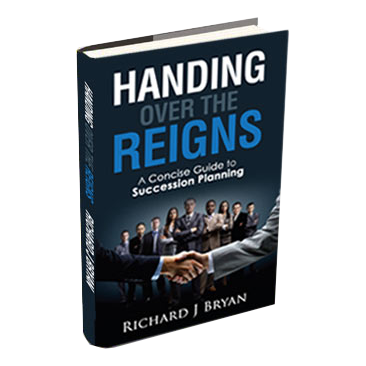As the United States approaches a potential recession, business owners are preparing to be tested in a variety of ways. But while “making payroll” and “redundancy meetings” may understandably be top of mind, the way you lead during trying times can actually have a more significant impact on how well your company weathers the coming storm.
In my experience, both as a corporate leader and as a leadership keynote speaker, I’ve found that employees at every level—from the mailroom to the boardroom—have pretty consistent needs. Here are the three I’ve seen most often…including one or two that may surprise you.
1. Humility.
I’ll start with the one that I found most illuminating, though my shock may have had more to do with youth and inexperience than any preconceived notions about leadership. In my late 20s, long before I became a leadership keynote speaker, I was unexpectedly thrust into a top role at my family’s car dealership business. As a young leader suddenly in the spotlight, I felt a tremendous need to prove myself—and my ego got me into hot water more than once.
After about a year of feeling like I had to pretend I had all the answers—with a nod to the new and life-changing experience of fatherhood, which showed me that I most definitely did NOT—I finally decided to ask for help. At the time, it felt like a failure to even admit that I needed help running the family business! It’s one of the most common mistakes leaders make, and one that can obviously have catastrophic effects on one’s enterprise.
What I can see now, with the benefit of hindsight, is that having the humility to ask for help likely gained me more respect with my employees than I would have otherwise earned whilst white-knuckling through another failing year. Admitting I needed an experienced CEO to mentor me into a more mature leader was the first step towards leading not from a place of ego, but from a place of humility—and kicking off my career as a lifelong learner.
2. Transparency.
The ego doesn’t love questions. If you’re not 100% secure in your leadership status and abilities, you may feel your hackles rise when your employees push back, ask for clarification or simply want to know the rationale behind any given decision. As a leadership keynote speaker, I’ve met people of all ages and experience levels, on both sides of this issue. And if I’ve learned one thing, it’s the importance of maintaining transparency.
To be perfectly clear, being transparent doesn’t mean oversharing every detail of your life, or being brutally honest with an employee when it’s not absolutely necessary. It simply means that sharing one’s reasons for making a certain decision will usually help any dissenters understand your choice. This is particularly true in times of financial challenge, when leaders may have to make decisions that are unpopular with—and potentially life-altering for—their employees. The trick is to provide background without veering into defensiveness, and to be compassionate without being overly emotional. We’re all human, and it’s okay to act like one.
3. Accountability.
On the leadership keynote speaker circuit, I’ve heard dozens of horror stories about accountability—and they come from both sides of the leadership coin. When an employee fails to accept accountability for his or her actions (or worse: blames the failure on somebody else) they invariably erode trust and lose respect with their co-workers. It’s only natural.
But when a leader plays the blame game, failing to accept responsibility for a poor decision, he or she sacrifices something much more important: hope. Because behind the anxious, nauseating feeling of not being able to trust one’s boss (which goes back to humility and transparency as well), there’s a feeling of hopelessness. Because if anything feels worse than shouldering the burden of a failure, it’s carrying the weight of someone else’s failure.
Are you seeing a theme here? Humility, transparency and accountability, I think, are all incredibly interdependent concepts. After all, one can’t be transparent OR accountable without humility. They’re also ideas which one might apply beyond the scope of business relationships—which is just more proof that business is always, on some level, personal.


